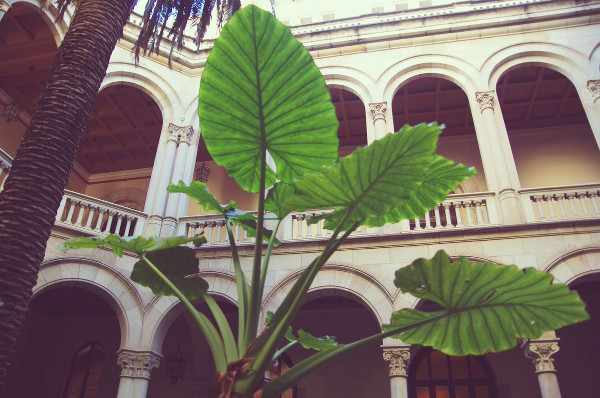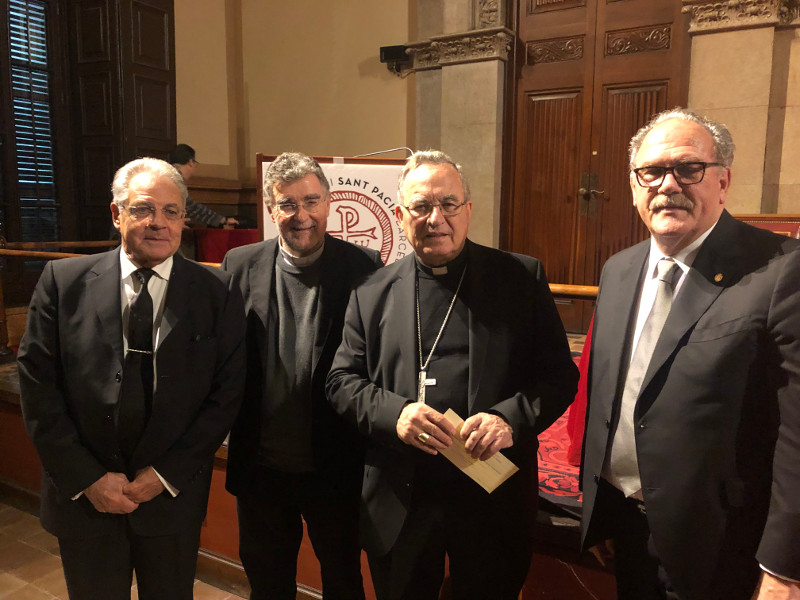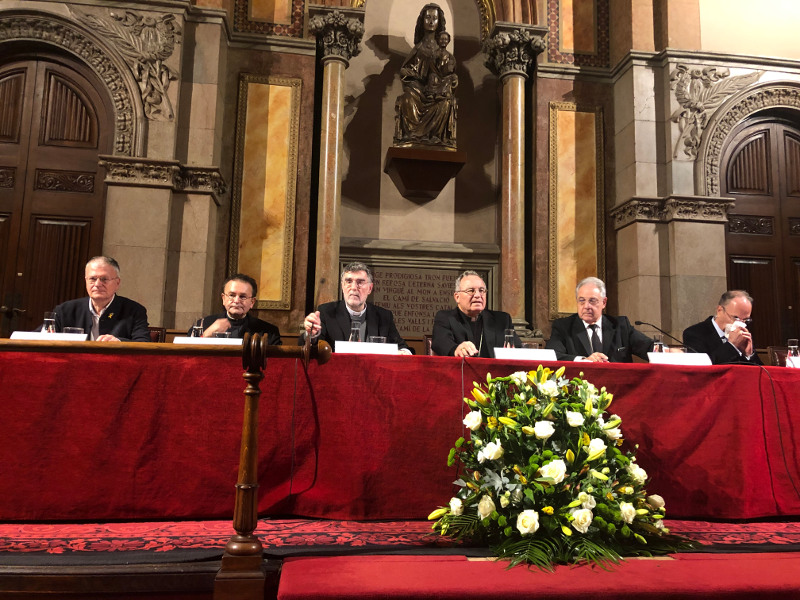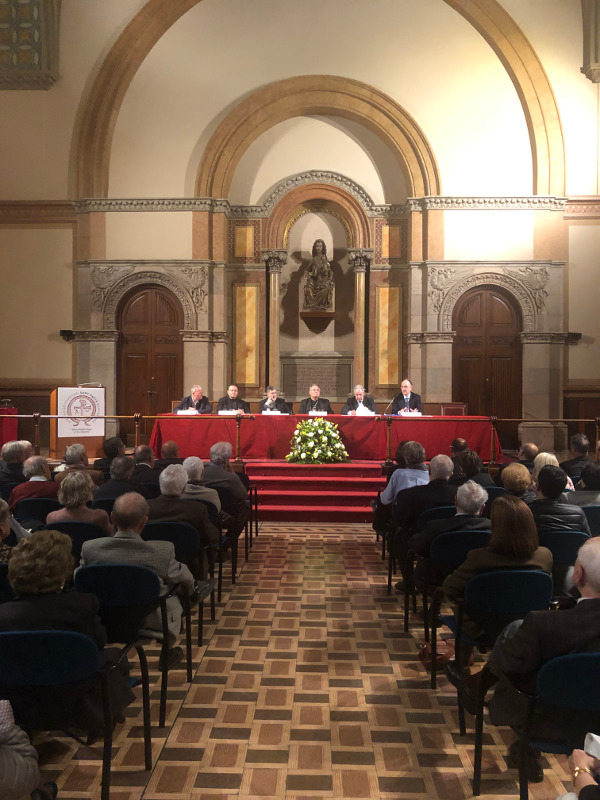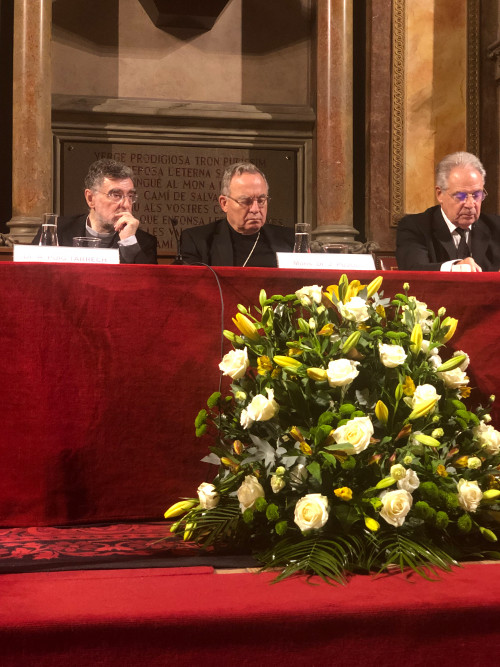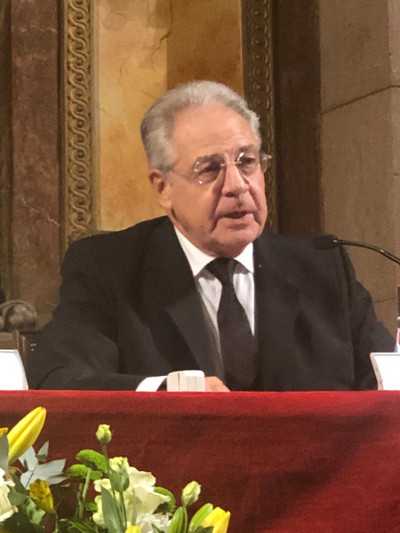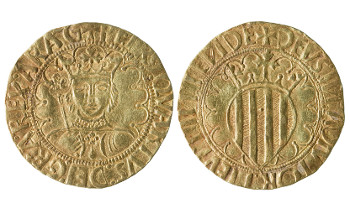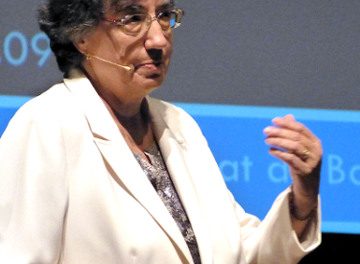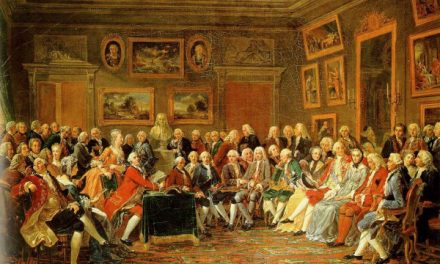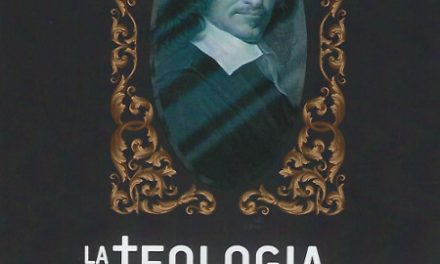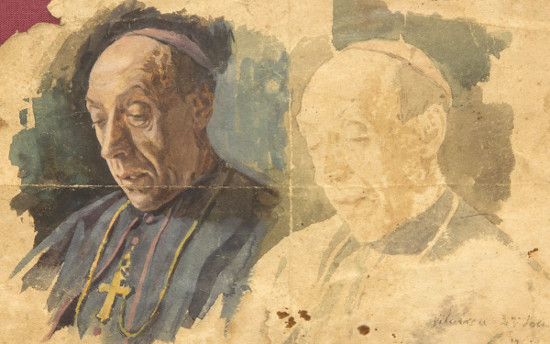 The Royal European Academy of Doctors-Barcelona 1914 (RAED) and the Sant Pacià University Athenaeum welcomed on 14 November the debate “El cardenal Francesc Vidal i Barraquer. Su vida y su itinerario” (Cardinal Francesc Vidal i Barraquer, his life and his itinerary), which sought to establish the historical and canonical figure of the remembered Archbishop of Tarragona. The event was headed by Jaume Pujol Balcells, archbishop of Tarragona and primate of the Spain, and by the full academician and president of the Board of Government of the RAED, Alfredo Rocafort. Its vice-president and full academician Pedro Clarós was in charge of moderating the debate.
The Royal European Academy of Doctors-Barcelona 1914 (RAED) and the Sant Pacià University Athenaeum welcomed on 14 November the debate “El cardenal Francesc Vidal i Barraquer. Su vida y su itinerario” (Cardinal Francesc Vidal i Barraquer, his life and his itinerary), which sought to establish the historical and canonical figure of the remembered Archbishop of Tarragona. The event was headed by Jaume Pujol Balcells, archbishop of Tarragona and primate of the Spain, and by the full academician and president of the Board of Government of the RAED, Alfredo Rocafort. Its vice-president and full academician Pedro Clarós was in charge of moderating the debate.
The session was attended by Francesc d’Assís Vidal-Barraquer i Mayol, nephew of cardinal Vidal i Barraquer, who offered his most intimate and family profile; Ramon Corts, doctor in History of the Church, director of the Balmes Library and vicerector of the University Athenaeum, who reviewed the trajectory of the cardinal before the outbreak of the Spanish Civil War; Josep Maria Solé i Sabaté, doctor in History and professor of the Autonomous University of Barcelona, who outlined the figure of Vidal i Barraquer during and after the Civil War, and Armand Puig, rector of the University Athenaeum and full academician of the RAED , who closed the session with the paper “Lectura del personaje del cardenal” (Reading of the character of the cardinal).
Vidal i Barraquer was repudiated by the Franco regime for refusing to sign the “Carta colectiva de los obispos españoles con motivo de la guerra en España” (Collective letter of the Spanish bishops on the occasion of the war in Spain), written in 1937 by the Spanish episcopate at the behest of Francisco Franco, considering it a “little propaganda document not suitable to the condition and character of those who have to sign it”, arguing that its publication could worsen the difficult situation that already existed ecclesiastics who were in the Republican zone. Exiled outside Spain, the regime didn’t allow him to return and even pressured the Holy See to force him to resign, but the regime met with the refusal of Pius XI and Pius XII.
